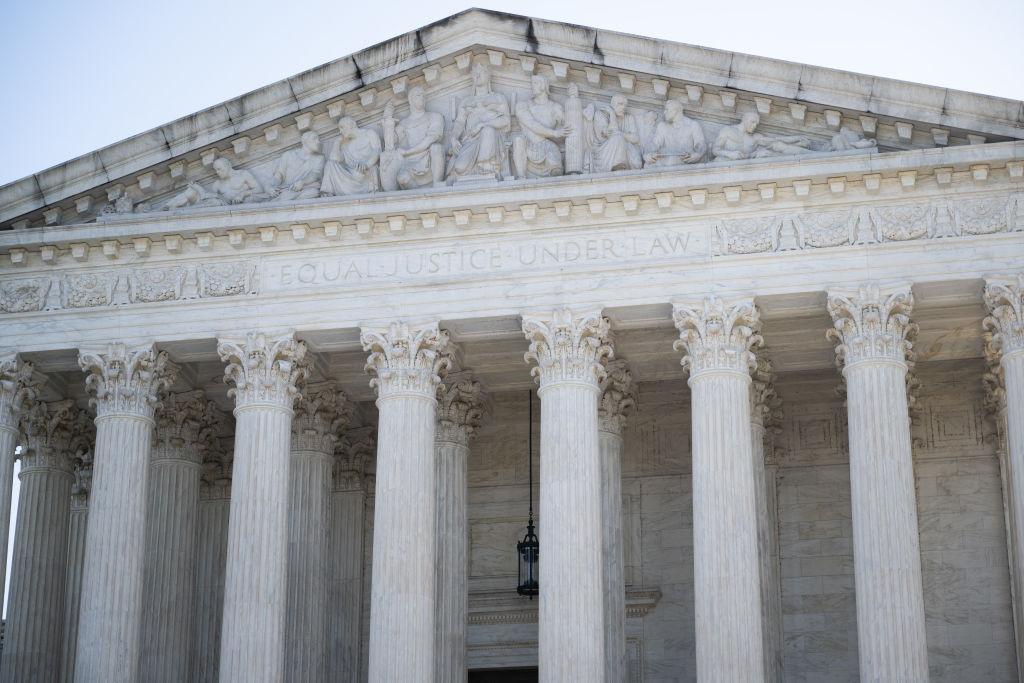25 years later: reflections on Bush v. Gore and the Supreme Court
More news
Hamm v. Smith and the future of capital punishment
Capital Matters is a recurring series by Jordan Steiker that covers federal constitutional regulation of the death penalty and federal habeas review of state criminal convictions and sentences.
At first blush, it is hard to imagine why a case like Hamm v. Smith, argued earlier this month, has occupied so much attention from the Supreme Court. On close examination, however, the case is about litigating within an important constitutional paradigm that is hanging by a thread.
Continue ReadingSkrmetti and birth equality (Part V): How the case should have been analyzed
Brothers in Law is a recurring series by brothers Akhil and Vikram Amar, with special emphasis on measuring what the Supreme Court says against what the Constitution itself says. For more content from Akhil and Vikram, please see Akhil’s free weekly podcast, “Amarica’s Constitution,” Vikram’s regular columns on Justia, and Akhil’s new book, Born Equal: Remaking America’s Constitution, 1840-1920.
Today we conclude our multi-part series on last term’s United States v. Skrmetti decision.
Continue ReadingHow deferential is the Roberts court to presidential power?
Empirical SCOTUS is a recurring series by Adam Feldman that looks at Supreme Court data, primarily in the form of opinions and oral arguments, to provide insights into the justices’ decision making and what we can expect from the court in the future.
Much recent commentary has suggested that the Roberts court is overly deferential to executive power – especially under President Donald Trump. The Niskanen Center, for example, contends that the court “is enabling Trump’s executive authority,” while the Brennan Center argues that the court has given “the president the power of a king.” But is this narrative supported by the empirical record? At the very least, is the Roberts court more deferential to presidential power than past courts? Our preliminary answer, like much else having to do with this court, is that it’s complicated.
Continue ReadingReviving lenity
Civil Rights and Wrongs is a recurring series by Daniel Harawa covering criminal justice and civil rights cases before the court.
Please note that the views of outside contributors do not reflect the official opinions of SCOTUSblog or its staff.
For centuries, a doctrine known as the rule of lenity served a vital function in American criminal law. According to this rule, when a criminal statute is unclear about what conduct it means to punish, courts should resolve that uncertainty in favor of the defendant. Lenity was not your average canon of construction. It was a constitutional safeguard, rooted in principles of fair notice and the separation of powers. At its core, the rule of lenity was designed to prevent judges from expanding criminal liability beyond what the legislature had clearly prescribed.
Continue ReadingThe Supreme Court’s “reindeer rule”
Each holiday season, as peppermint mochas return to coffee shop menus and mall Santas take their posts, a familiar kind of religious freedom conflict appears in the news: disputes over nativity scenes. Specifically, communities across the country have battled and are battling over whether depictions of the biblical story of Jesus Christ’s birth belong in seasonal displays on public land.
Continue Reading